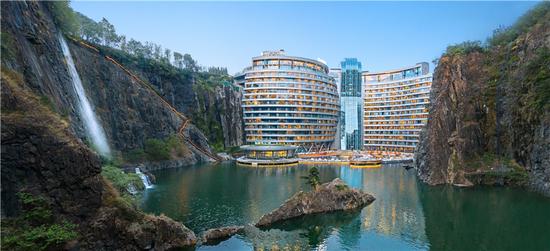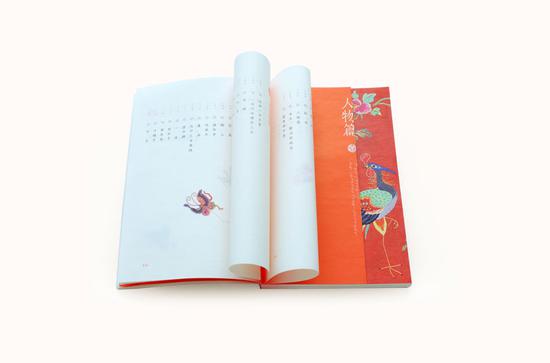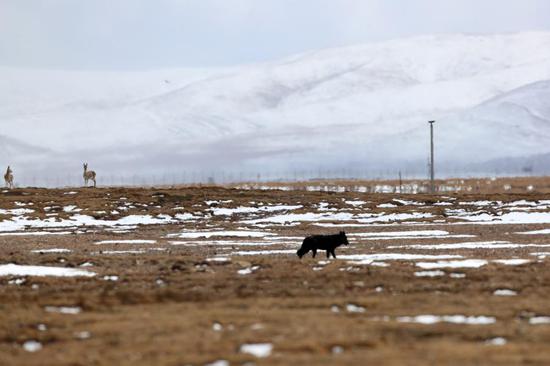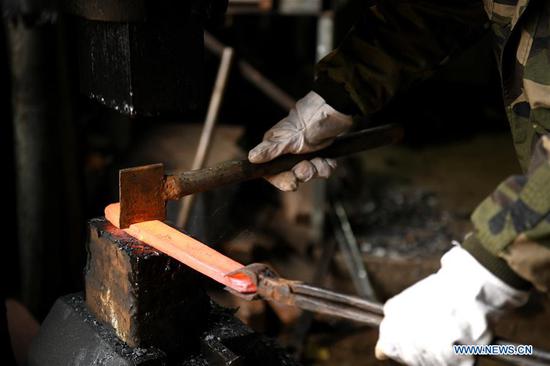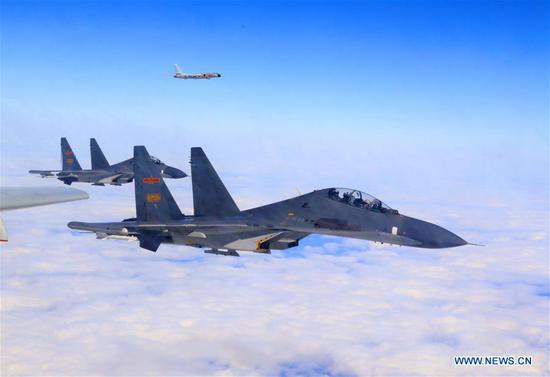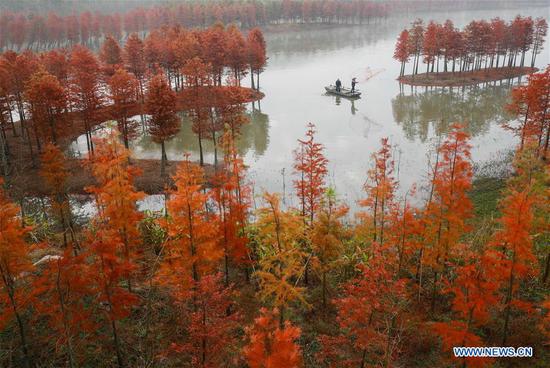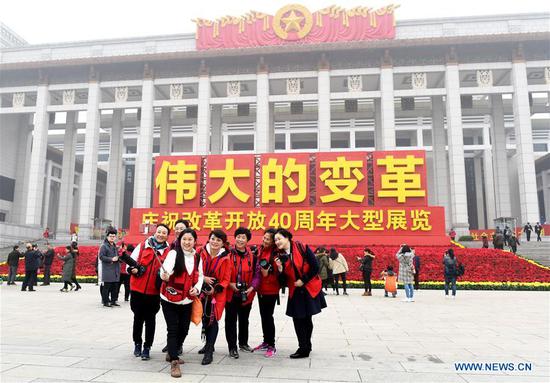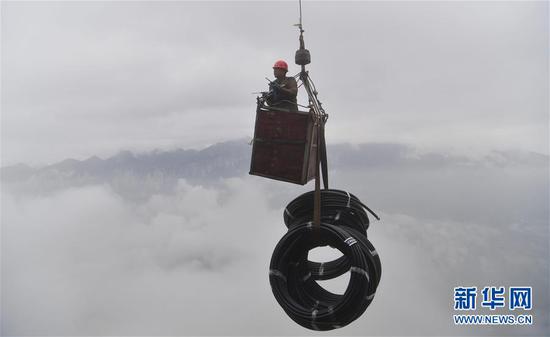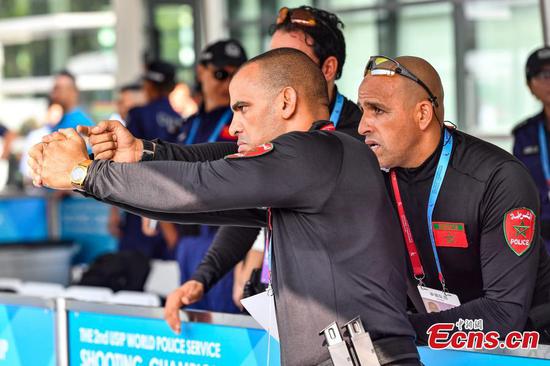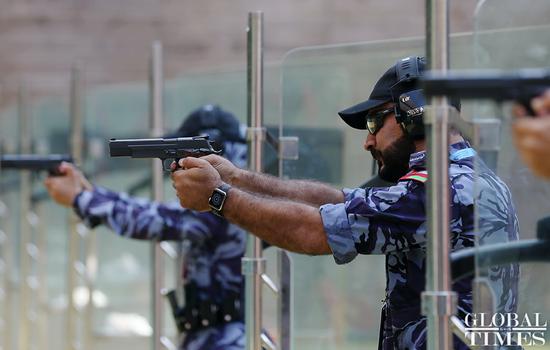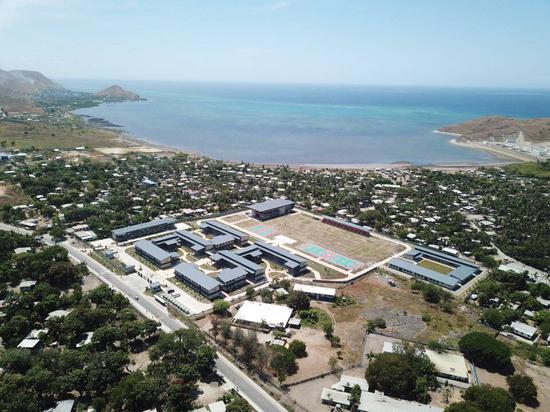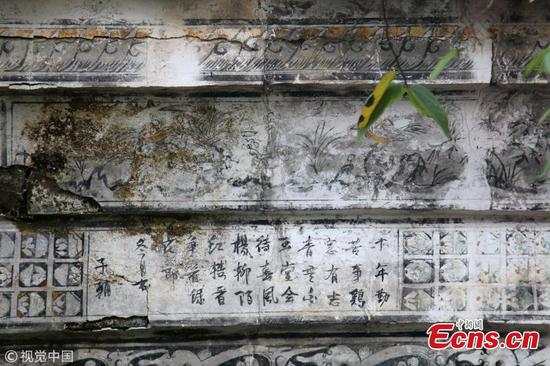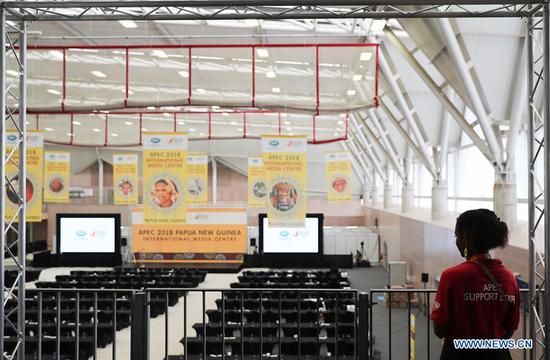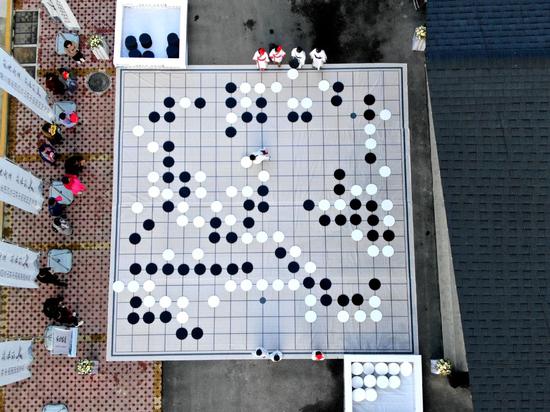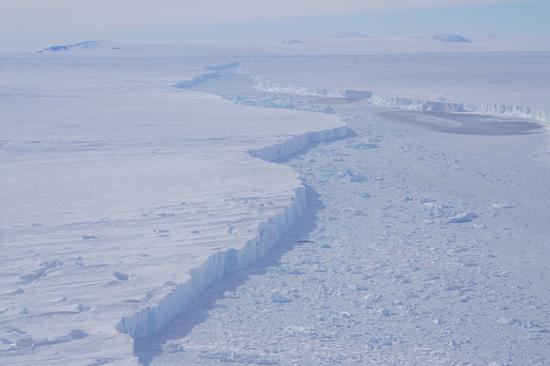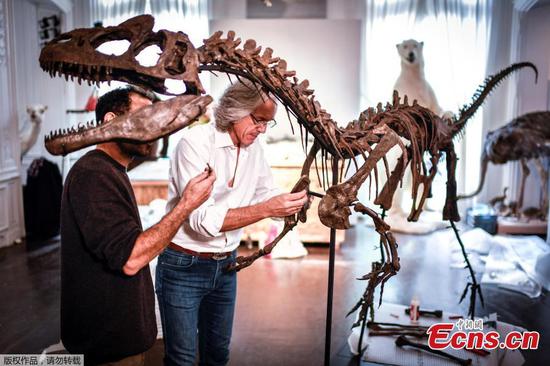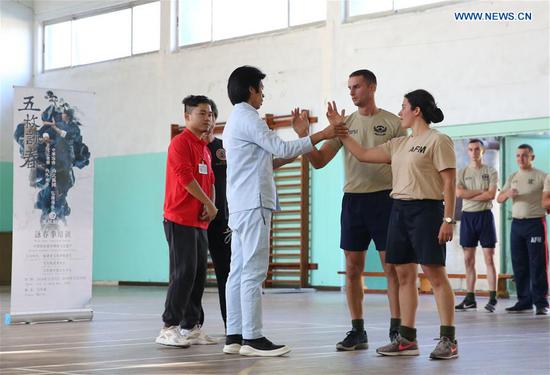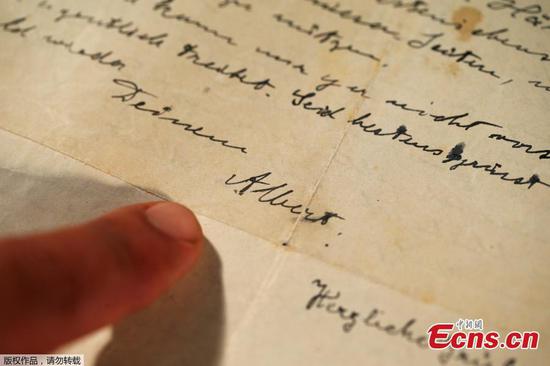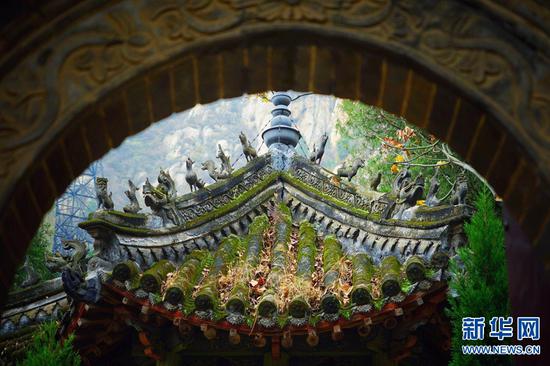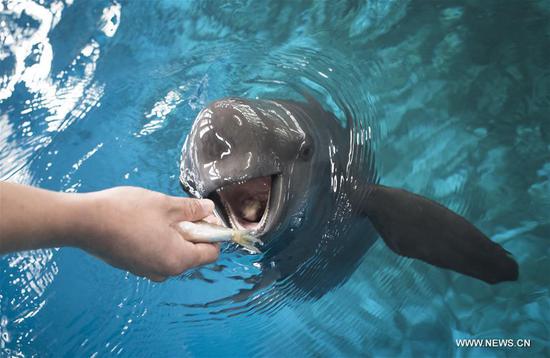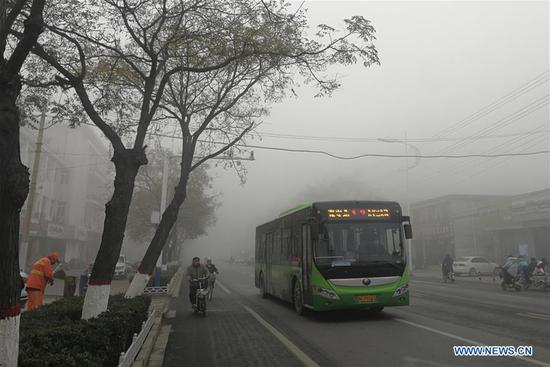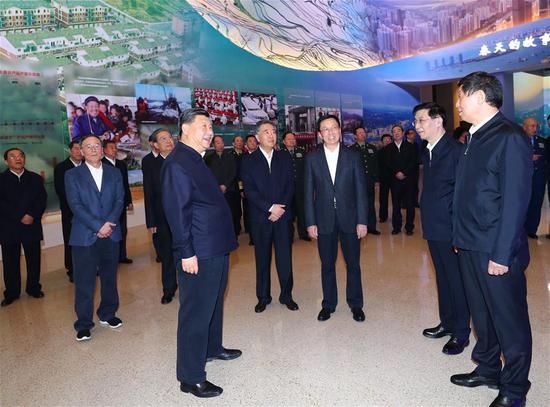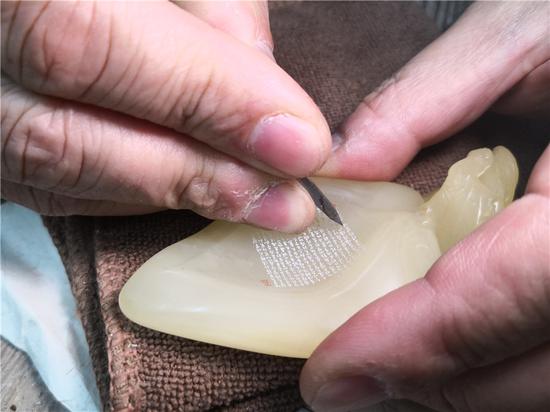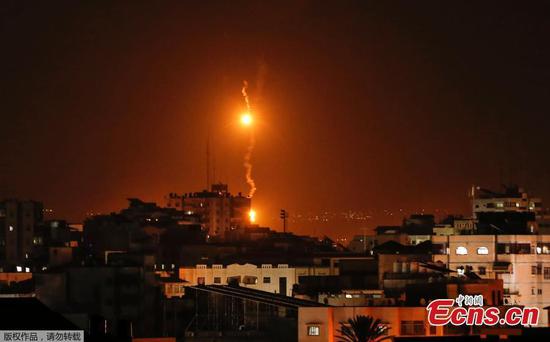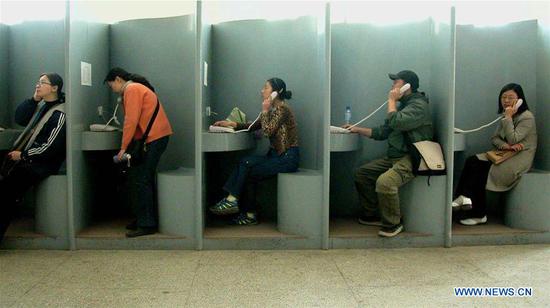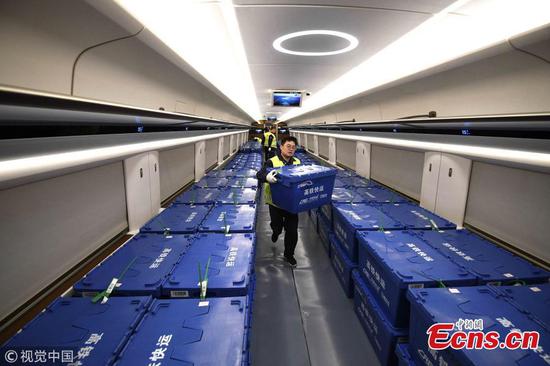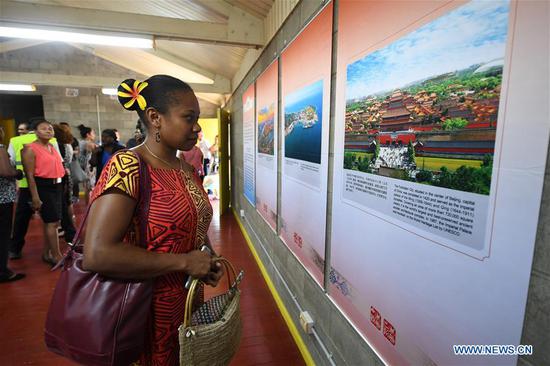The leaders of Russia and Japan agreed to accelerate talks on resolving a long-standing territorial dispute over four islands that has kept two countries from sealing a peace treaty since the World War II.
At their bilateral meeting in Singapore on Wednesday, Russian President Vladimir Putin and Japanese Prime Minister Shinzo Abe agreed to activate talks on a peace treaty, a provisional version of which was signed between Japan and the Soviet Union to the end the state of war, according to Kremlin spokesman Dmitry Peskov.
In the 1956 joint document, Moscow agreed to hand over two of the four disputed islands off Hokkaido to Tokyo once a formal peace treaty was signed.
"I agreed with President Putin to accelerate negotiations on a peace treaty based on the 1956 joint declaration between Japan and the Soviet Union," Abe told reporters after their meeting in Singapore.
Abe and Putin have met 23 times since 2012 to try to make progress in resolving the issue, and Abe said he will visit Russia early next year for further talks, expressing hopes of putting "an end" to the unresolved, postwar diplomatic issue through peace treaty talks between the two.
The leaders did not make practical agreements but agreed to conduct further dialogue, said Sergey Markov, former member of State Duma and director of the Institute for Political Studies.
"At this stage, we cannot expect a resolution of the dispute," he said.
Markov said Moscow hopes to develop economic cooperation with Tokyo, while not rejecting the discussion of the territorial issue. However, the Japanese side wants to link the economic agenda with specific promises from Russia to resolve the dispute over the islands.
He said Tokyo should begin full-fledged economic cooperation with Russia.
Chu Yin, professor at the University of International Relations in Beijing, also said a substantive agreement like a peace treaty is something that cannot be achieved, but some progress can be expected.
"Talks over the signing of a peace treaty will be full of twists and turns despite the strong support from Putin and Abe," Chu said. "Abe insists the territorial dispute should be resolved before a peace treaty, while Putin said there are no preconditions to conclude such a thing."
Wang Peng, research fellow at the China Institute of Fudan University in Shanghai, said Japan is trying to force Russia to make concessions on territorial issues at a time when Moscow is facing difficulties on nuclear arms control, geopolitics and an energy-driven economy.
"But given the hard stance that Russia has always showed, it is not likely to talk about territorial issues first. If they talk about it first, regardless of the outcome, it will be a blow to Putin's domestic reputation," Wang added.










